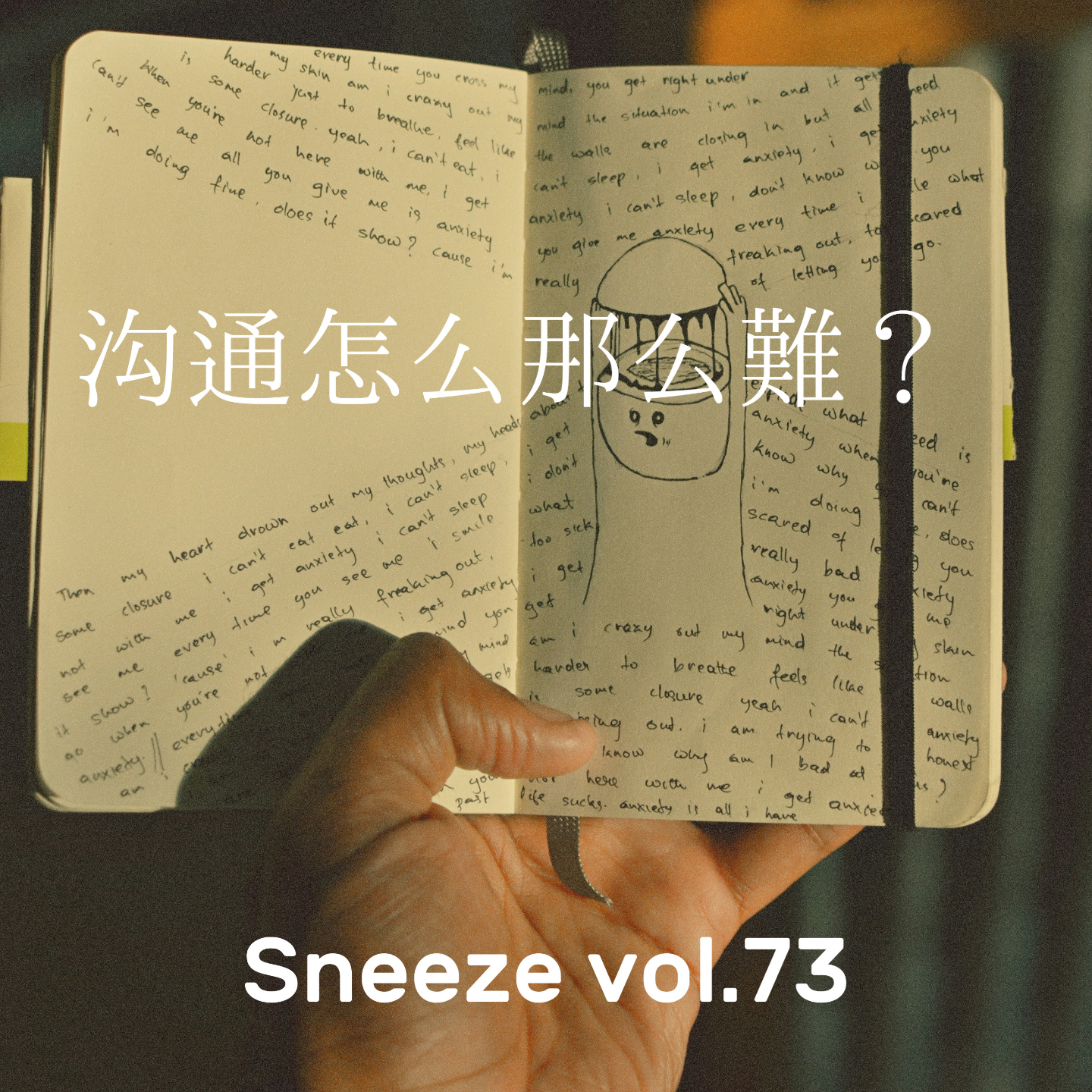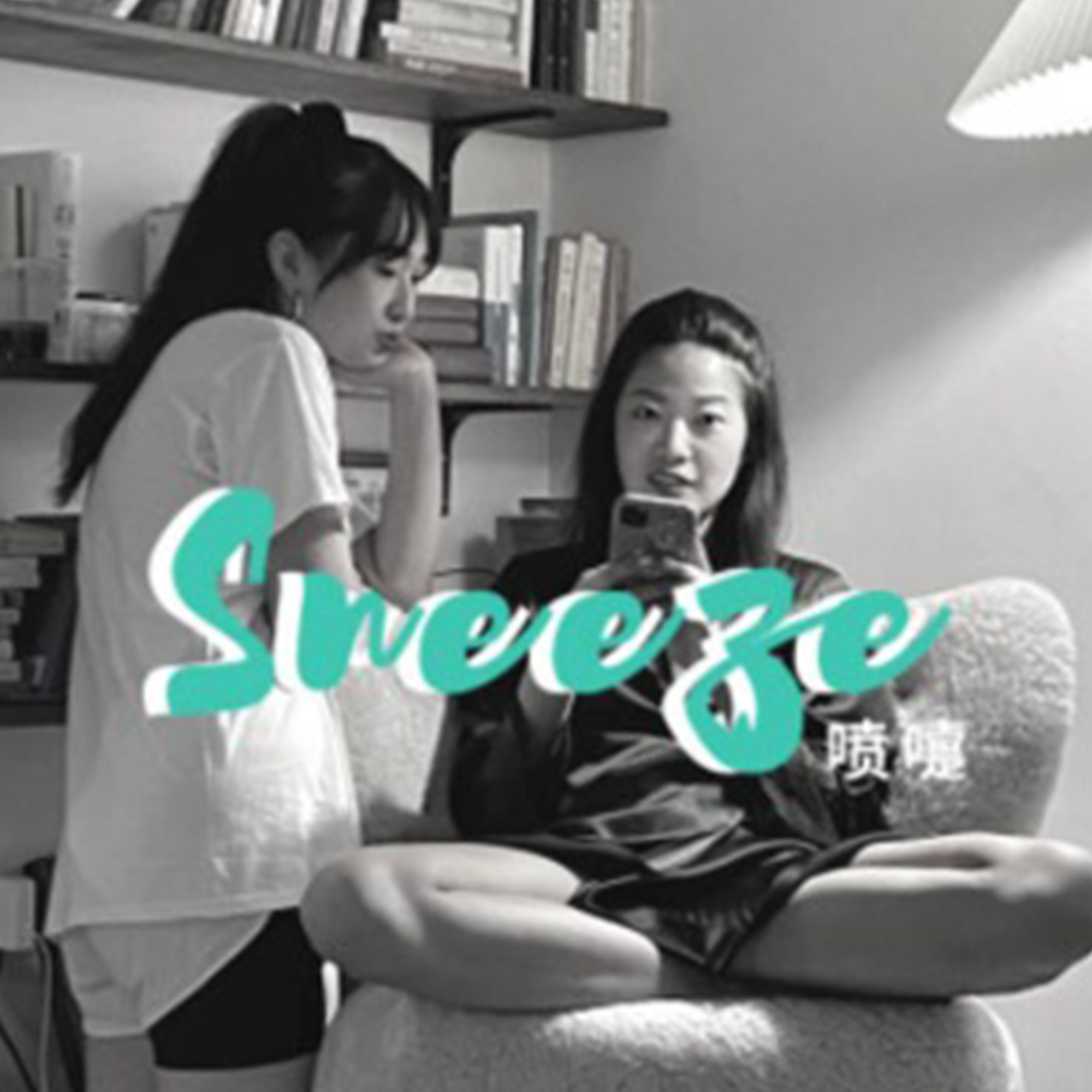
Deep Dive
Why did Bamboo feel uncomfortable after her conversation with her neighbor Zhu?
Bamboo felt uncomfortable because Zhu’s comments were subtly judgmental and condescending. For instance, when Bamboo mentioned she had a cramp after running, Zhu implied she lacked magnesium and made remarks that suggested Bamboo didn’t take care of her body. Additionally, Zhu compared Bamboo’s clothing business to pitiful young girls working early mornings, which felt dismissive and belittling.
What does Bamboo’s interaction with Zhu reveal about communication dynamics?
Bamboo’s interaction with Zhu highlights how subtle, judgmental remarks can create discomfort in conversations. Zhu’s comments, though not overtly hostile, carried an undertone of superiority and dismissal, which made Bamboo feel undervalued. This reflects how people sometimes assert their own beliefs by subtly undermining others, leading to a one-sided dynamic where one person feels diminished.
How does Han Xia describe her discomfort with certain types of communication?
Han Xia expresses discomfort with indirect, passive-aggressive communication, particularly the use of the “crying face” emoji or sarcastic tones. She finds these forms of expression more unsettling than direct anger because they carry a sense of mockery or condescension, which feels like a subtle form of emotional bullying.
What is the difference between self-deprecation and being mocked by others, according to Han Xia?
Han Xia distinguishes self-deprecation as something one initiates themselves, often as a form of humor or humility, while being mocked by others feels invasive and disrespectful. Self-deprecation is acceptable because it’s controlled by the individual, but when others join in or use it to belittle, it crosses a line and becomes hurtful.
How do Bamboo and Han Xia define a true friend?
Bamboo defines a true friend as someone who can genuinely share in your joys and successes without jealousy, while Han Xia adds that a true friend is someone she would still want to spend time with at 65. Both emphasize the importance of mutual respect, emotional support, and the ability to celebrate each other’s achievements without resentment.
Why does Bamboo feel disappointed in her interaction with S-Jie?
Bamboo feels disappointed because S-Jie approached their potential collaboration in a purely transactional manner, bypassing personal interaction and relying on intermediaries. Despite Bamboo’s admiration for S-Jie’s work, the lack of direct communication and the focus on leveraging each other’s platforms for mutual benefit made the interaction feel cold and impersonal, leaving Bamboo feeling undervalued.
What does Han Xia suggest about the importance of acknowledging small emotional discomforts?
Han Xia suggests that even small emotional discomforts, such as subtle judgments or passive-aggressive remarks, are worth examining. Ignoring these feelings can lead to a buildup of resentment or self-doubt. She encourages people to be sensitive to these moments and address them rather than striving for emotional detachment, as acknowledging discomfort is crucial for maintaining healthy relationships and self-awareness.
- 与邻居朱某的对话从跑步开始,涉及到工作、投资等多个话题。
- 朱某的言辞看似不经意,却处处透露出对竹子生活方式和价值观的否定。
- 竹子最终感到被冒犯和不适,引发了对日常沟通中如何应对阴阳怪气的思考。
Shownotes Transcript
你们有没有这种经历,跟这人说话,就像吃了苍蝇似的,但是也没有什么明显的火药味。日常沟通中的这些阴阳怪气,到底是真还是假,是有意还是无意?对方倒是是想通过打压过建立他的自信,还是纯粹就是个坏人?
韩夏和竹子总结了一下日常生活中这些微小的令人不适的瞬间,很多时候,那些话,如此的微小,却能让我们记很久。到底是为什么?以及未来... 该如何应对?
时间码:
01:22 竹子与邻居朱某的一次“冲突”引发的思考
09:32 竹子跟马女士面对邻居的态度大不相同?直接回怼是唯一的解吗?
10:46 阴阳怪气,是在日常沟通中,最常发生、也最让我们感受别扭和难受的。
12:53 总有人通过打压,否定对方来确立自己的世界观是正确的。
14:00 反对性人格,是一种怎样的表现形式?
16:57 如何用不打压的方式与人沟通?
21:09 被否定,分清对方是客观表达还是主观表达。
22:49 韩夏:我不怕直接的愤怒,但我害怕“捂脸哭”的emoji——冷嘲热讽,轻易不屑和情绪霸凌。
26:11 我失恋了——我觉得我们是亲密的朋友,但对方从未认可过我。
33:22 什么是真朋友?竹子:可以分享喜悦成就的朋友。韩夏:我65岁的时候还想跟ta一起玩。
40:34 阶段性友谊的结束,不是错误,它是人生阶段的必经之路。
42:41 你巴结过朋友吗?向上社交是不是一个伪命题?
47:16 竹子:我想跟你当朋友,但你只想白嫖我?我对你来说,只是一个IP?
55:34 对方带着目的来接近你,是一件不可接受的事吗?
1:01:18 自嘲和他嘲的区别是什么?
1:11:28 我们在日常沟通中感到不适的时候,是否还要追求“钝感力”?
BGM:
Francis Lai - Homme et une Femme
本期节目提到的相关内容:
影视剧:
《我的天才女友》
书籍:
《钝感力》
